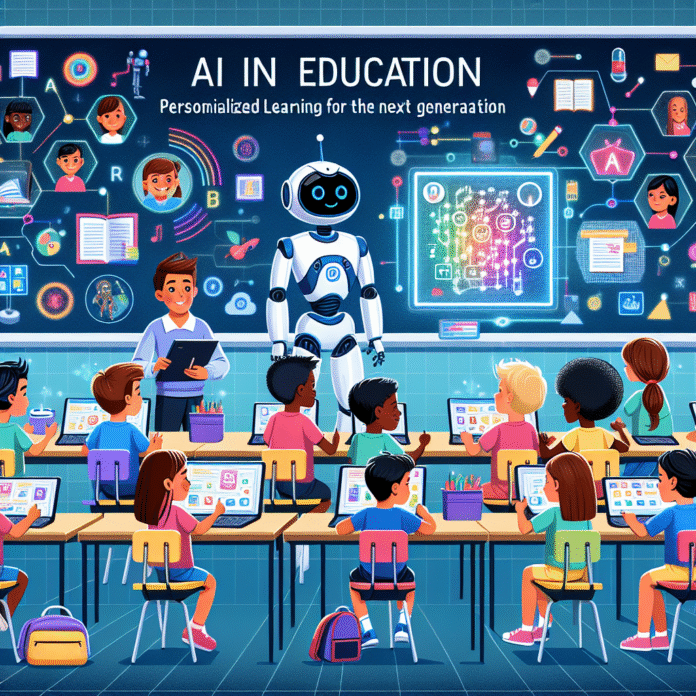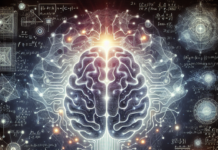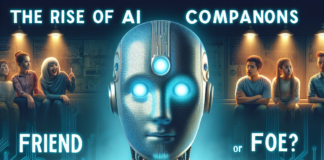AI in Education: Personalized Learning for the Next Generation
The integration of Artificial Intelligence (AI) into education is transforming how students learn and teachers teach. As we advance into the digital age, personalized learning has emerged as a critical approach to meet the diverse needs of students. AI technologies are at the forefront of this evolution, offering tailored educational experiences that enhance learning outcomes.
Understanding Personalized Learning
Personalized learning refers to a student-centered educational approach that tailors learning experiences to meet individual needs, preferences, and interests. It contrasts with traditional one-size-fits-all teaching methods by recognizing that each student learns differently. AI plays a pivotal role in facilitating personalized learning by analyzing data and delivering customized content.
The Role of AI in Education
AI technologies are being utilized in various ways within the educational landscape:
-
- Data Analysis: AI analyzes a student’s performance data to identify strengths and weaknesses. This data-driven approach allows educators to make informed decisions regarding instruction.
-
- Adaptive Learning Systems: These systems modify the learning experience in real-time based on a student’s interactions. For instance, platforms like Smart Sparrow and DreamBox Learning adjust the difficulty of lessons according to the student’s mastery of a subject.
-
- Intelligent Tutoring Systems: AI-powered tutoring systems can offer personalized assistance outside the classroom. They provide immediate feedback and support, encouraging students to learn at their own pace.
-
- Predictive Analytics: By predicting student outcomes, AI can help educators intervene early when students are at risk of falling behind.
Benefits of AI-Driven Personalized Learning
Implementing AI in personalized learning brings several advantages:
-
- Engagement: Tailored learning experiences keep students engaged and motivated by catering to their unique interests.
-
- Improved Outcomes: Personalized learning often leads to better academic performance, as it addresses individual learning gaps.
-
- Teacher Support: AI assists teachers by automating administrative tasks, allowing them to focus more on teaching and mentoring.
Challenges Ahead
Despite the potential benefits, challenges remain:
-
- Equity: Ensuring that all students have access to AI-driven resources and technology is paramount.
-
- Data Privacy: Protecting student data from breaches and misuse is a critical concern that needs to be addressed.
-
- Teacher Training: Teachers must be equipped with the skills necessary to integrate AI tools into their teaching effectively.
Conclusion
AI in education promises a transformative future for personalized learning, unlocking new opportunities for engagement and academic success. As we look towards the next generation, investing in AI-driven solutions will be crucial in creating an inclusive, effective, and engaging educational experience for all students. Embracing this technological evolution can help foster a brighter future for learners worldwide.
For more insights on AI in education, visit Education Technology.







